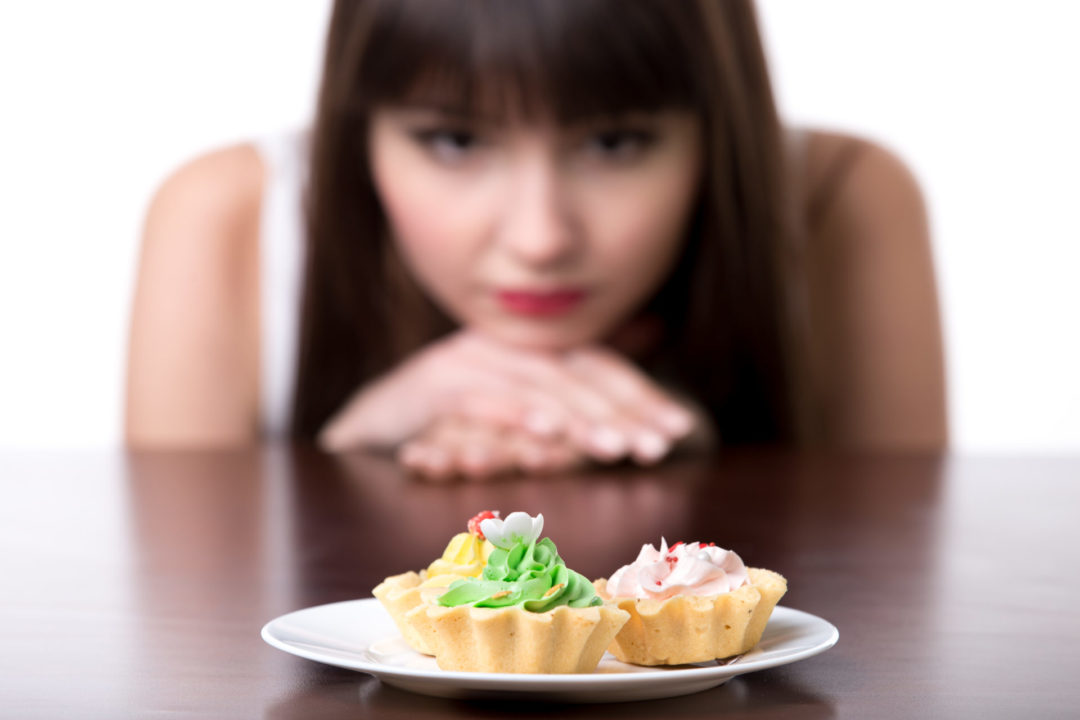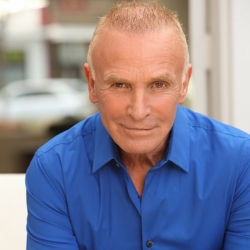Food can do everything from relieving stress to relieving sadness to relieving boredom. It can provide sensual excitement. It’s associated with memories (good and bad). It can comfort a troubled soul and soothe an angry heart. Food is the true “drug” of the masses, completely non-partisan and non-discriminating in its ability to provide pleasure.
Views on what “causes” emotional eating differ, but not by a lot. As Marc David of the Institute for the Psychology of Eating writes in his essay,Emotional Eating- Is It Really a Problem?, “At our core, we are emotional beings—rich, complex, juicy, unpredictable feeling-filled creatures.”
He goes on to say:
We love, we celebrate, we laugh, cry, mourn, giggle, we break down, we rise up, we get hurt, we soar, we worry, we yell, we sulk, and wow – we’re powerfully passionate creatures – even those of us who seem quiet and content. So how could we NOT be emotional eaters? We love food. We love our favorite restaurant. We love how food makes us feel good. It’s time to get over it – if you’re a human and alive on planet Earth, you will bring emotionality to the table.
That said, most of us can agree that eating in order to cover up, deal with, or escape from difficult feelings is probably not the greatest idea. Not the least of the reasons is that we never really feel in control of our eating when we’re eating to self-medicate, and we’re extremely likely to binge on all the stuff that ultimately makes us feel worse than we did before we started the binge.
Psychologists identify five major areas around which out-of-control emotional eating tends to happen:
- Unawareness — Not being conscious of what or why you’re eating. (Most eating while watching TV falls in this category, as does eating while driving, walking, or being in a heated conversation.
- Food is One of Your Only Pleasures — This is the same problem many people have with drugs. It’s hard to get someone to modify their behavior if that behavior is the only real source of happiness in their life.
- It's hard to tolerate certain feelings — Food is one of the best and most available distractions for any difficult or unwelcome feelings.
- Body Hate — “Negativity, shame and hatred rarely inspire people to make long-lasting great changes, especially when it comes to our bodies or our sense of self,” writes psychologist Jennifer Kromberg, PsyD, in Psychology Today.
- Cravings can be (and are) stimulated by certain combinations of fat, sugar and salt, and certain foods (like processed carbs) stimulate hormones like insulin (also known as ‘the hunger hormone’) which make cravings all that harder to resist.
- Put 15-60 seconds between you and the food you’re compelled to eat. Ask yourself if you really want what you’re about to eat. Ask yourself what the consequences of eating it will be. Ask yourself if it’s worth it. Note: Most cravings subside within 15 minutes, so tell yourself you can have whatever it is you crave, you just have to wait 15 minutes. Then go take a walk. If you still want the craved food when you get back, have at it. You probably won’t.
- Take a page from the 12-step programs: Don’t get too hungry, angry, lonely, or tired. It’s a recipe for disaster.
- Try mindfulness. Unconsciousness is the handmaiden of emotional eating. Try paying attention 10% more than you usually do. Eating while doing nothing else but eating can be a revelation. Seriously.
Jonny Bowden, “the Nutrition Myth Buster,” is a board-certified nutritionist and the
 best-selling author of 15 books including The Great Cholesterol Myth, Living Low Carb, the 150 Healthiest Foods On Earth and Smart Fat. To learn more about healthy living, motivation and nutrition, visit jonnybowden.com.
best-selling author of 15 books including The Great Cholesterol Myth, Living Low Carb, the 150 Healthiest Foods On Earth and Smart Fat. To learn more about healthy living, motivation and nutrition, visit jonnybowden.com. Note: The statements presented in this column should not be considered medical advice or a way to diagnose or treat any disease or illness. Dietary supplements do not treat, cure or prevent any disease. Always seek the advice of a medical professional before altering your daily dietary regimen. The opinions presented here are those of the writer.










